Preventative Treatments
Dental Hygienist
Family & Specialist Dental Practice in Twickenham
Choose Claremont Dental Practice as your hygienist in Twickenham and St Margarets. Preventative dentistry is the modern way of reducing the amount of dental treatment needed to keep a healthy mouth. The joint efforts of the dentist, hygienist and the patient can help prevent the need for treatment.
How can a dental hygienist help?
The dental hygienist’s main role is to professionally clean the teeth for the patient commonly known as scaling and polishing, however the most important is showing the patient how to keep their teeth free of plaque. Following a hygiene visit your teeth will feel ultra clean and look brighter. For those with heavy staining who need a little extra help, our AIR-FLOW , high jet polishing system, gives outstanding results.
In addition to making the teeth stain-free, regular scaling and polishing helps reduce the risk of periodontal (gum) disease, which can lead to premature tooth loss. Our hygienists are highly skilled in plaque and calculus removal which is a leading factor in the onset of gum disease. Gingivitis (inflammation of the gums), which presents itself with bleeding gums, most commonly when brushing, is the earliest stage of gum disease and by seeing our hygienist regularly, the bacterial deposits which cause gingivitis are kept to a minimum. If left untreated, this can progress into more advance gum disease (periodontal disease).
Why you should have regular hygiene therapy
If you suffer from bad breath, bleeding gums, mobile/wobbly teeth, then it is more than likely your gums need attention. Our dentists are highly trained in the diagnosis of gum disease and, we have a specialist periodontist who treats and manages patients with periodontal disease.
The importance of regular examinations and hygiene maintenance have been proven by research to lessen dental problems and even subsequent health problems. Regular professional hygiene therapy can reduce the risk of an irregular heartbeat by 30% (which is a major risk factor for stroke). There have been numerous studies to show the adverse effects of poor oral hygiene on the heart.

